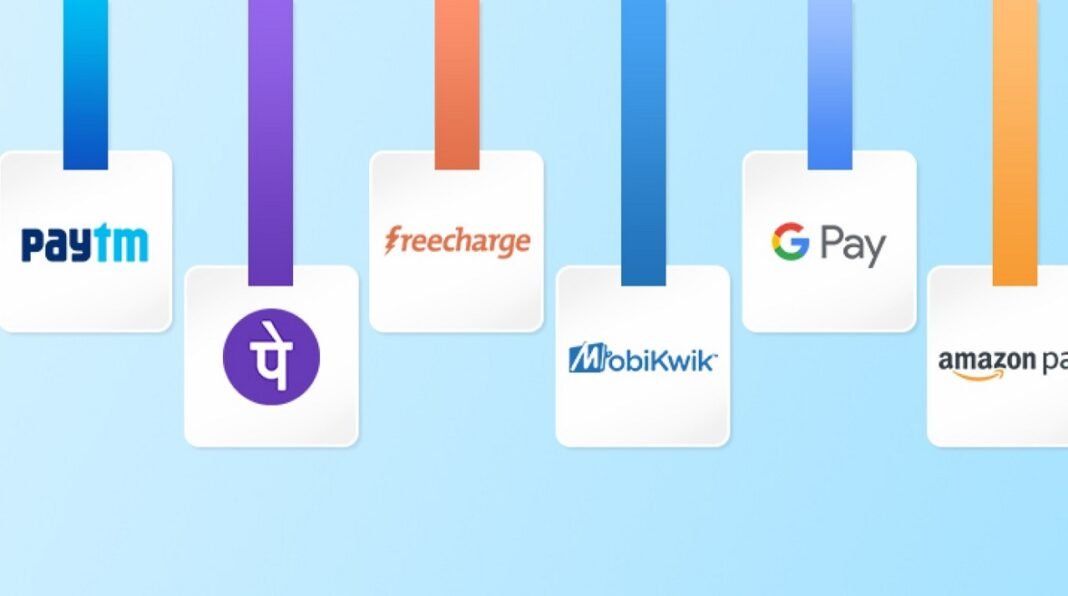Prepaid Payment Instrument (PPI)
PPIs are devices that assist the exchange of goods and services, the execution of monetary operations, the provision of transfer services, and so on, in exchange for the data present in them. Banks and non-banks can both grant PPIs. After receiving RBI permission, banking institutions may issue PPIs. Non-bank PPI issuers are Indian corporations established within the Companies Act, 1956 / 2013.

Upon gaining RBI approval, they can run a payments mechanism for providing PPIs to individuals or organizations. The RBI has published the Master Directions in the exercise of the authority given by Section 18 read therewith Section 10(2) of the Payments and Settlements Systems Act, 2007 (PSS Act).
PPI is defined as a mechanism that permits the buying of goods and services, like banking operations and money transfers, for the price held on these assets. Currently, the government issues 3 kinds of PPIs: closed system PPIs, semi-closed system PPIs, and open system PPIs. These PPIs can be granted in the manner of cards and digital wallets.
Among the most prominent digital wallets in the nation are MobiKwik, Oxigen, Paytm, ItzCash, and Ola Money. Presently, a “wallet” does not enable the users to transfer or accept funds from another provider’s wallets.
RBIs Prepaid Payment Instrument
The Reserve Bank of India (RBI) unveiled a new form of semi-closed prepaid payment instrument (PPI) in late 2019 that may solely be utilized to buy goods and services up to the maximum of Rs 10,000.
Funds can only be deposited or redeposited into the new PPI from a bank account in order to make electronic transactions such as paying bills, merchant payments, and so on. This PPI service is provided based on the user’s basic minimal information.
A PPI holder is someone who acquires or buys a PPI through the PPI provider. In the event of a gifting PPI, even so, some additional planned / focused beneficiaries who is not the buyer may also be a bearer.
The cash received by PPI providers will be utilized to pay businesses participating in the validation agreement and provide money transfers/remittances operations on account of PPI users.
Features of PPIs
- PPIs shall be provided by banking and non-banking issuers when the PPI user’s basic information is obtained.
- A contact number confirmed using One Time Pin (OTP) and a KYC of identity and UID numbers of prescribed document’ or legally acceptable documentation mentioned in the Know Your Customer (KYC) instruction given by RBI would be required.
- Such PPIs will be reloadable and available in cards or digital form. Depositing and redepositing will only be possible with funds from a bank account.
- The sum deposited in this kind of PPI in any one-month period, and the overall sum deposited in the fiscal year cannot surpass Rs. 1,20,000.
- The payment due in these kinds of PPIs at any given moment shall never go beyond Rs 10,000.
- The PPIs would solely be utilized to purchase goods and services, not to move monies.
- PPI financial institutions could well offer the alternative to settle the PPI at any moment, as well as the ability to transmit monies “back to the source” at the time of settlement.
- At the moment of issue of the PPI or prior to the initial transfer of money, the aspects of these PPIs will be fully notified to the PPI holder through SMS, e-mail, postal letters, or other alternative media.

